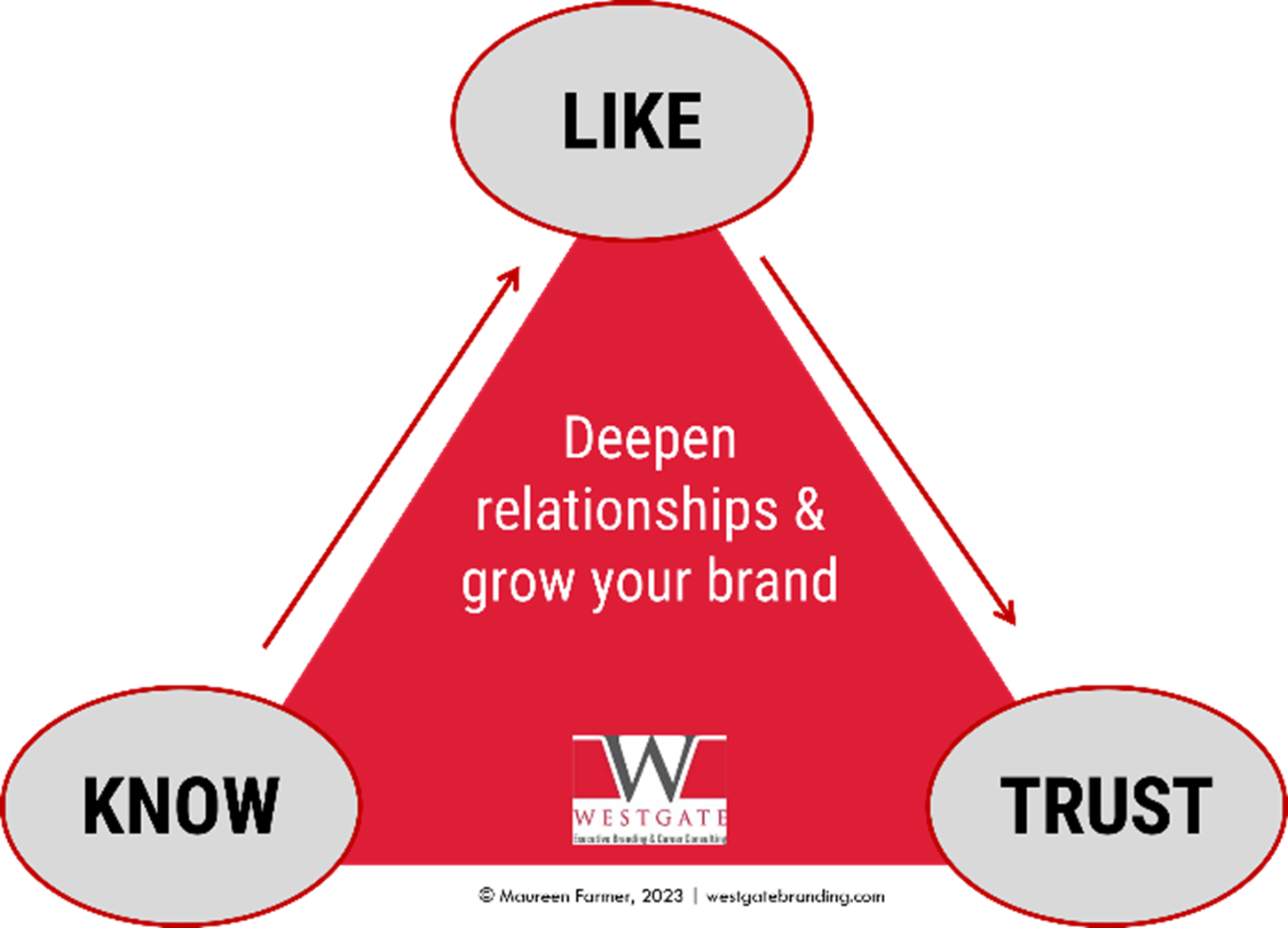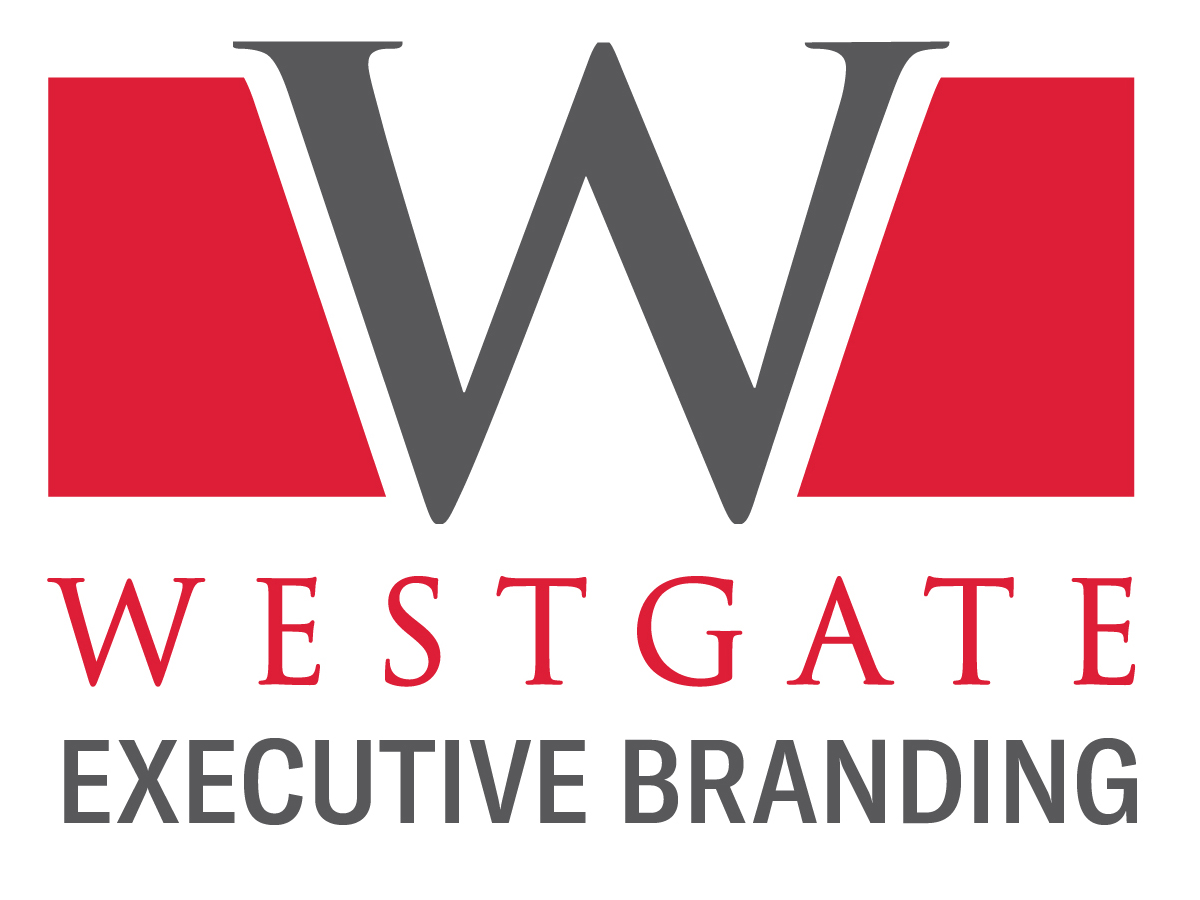Driving peak performance for CEOs and their boards, Westgate Executive Branding Offers Premier Advisory Services & Personal Branding Consulting for High-Profile Leaders. About Maureen—CEO & Founder.

Deepening relationships with your CEO, board, and investors while building your personal brand.
Your manager, CEO, or board chair and their peer team will have a high degree of influence over your career in your current role, including what projects you land and what promotions you win.
Over the last several months, I’ve noted a trend in my executive coaching practice with executives and their boards. Disagreements on the business’s direction, who should be promoted to CEO, and what products to launch or retire.
The question is positioned in several ways, but essentially, it sounds like, “How do I manage up to my boss?”
In the earlier days, I worked with a wonderful client, Andrew. He hired me once privately to redesign his current role, and then his company hired me several years later to help him transition out of the company (which he loved) after a massive re-organization. He is now a real estate investor and quick-service restaurant partner.
Andrew was the poster child for “managing up.”
Trusted, respected, and a down-to-earth guy, he was also a star performer. But this was not the single reason he did so well in the organization. Andrew had been developing and nurturing his personal brand for years.
Here is part of his story in his own words …
CASE STUDY
Andrew was the COO of a national retail organization. He rose rapidly inside the organization and was awarded major projects that involved cross-functional leadership with big stakes. His work was quality, and he soon became the go-to person for change management initiatives, including post-merger integrations of teams and systems.
Here is Andrew’s perspective on brand building inside the national organization:
“The most important thing in hindsight was really making sure I had a lot of good relationships, and they ended up being a lot of senior people. I'm not the biggest networker out there and I wasn't, you know, trying to join all the corporate committees and things like that. And I could've, but I tried to do a good job and I also just ended up becoming, you know, close to a number of people who were senior over time. I think it's just because, as you know, you work enough with people and you develop a relationship, and then you get to know them, and because those people were in a position of authority and they trusted me so, I actively cultivated those relationships because I was hoping it would help my career down the road. I mean, to be honest, it was more organic, but in hindsight, that is the key, so I was doing it out of genuine bases, but the reality is had I not done that, I probably...my career wouldn't have lasted as long as it did there. So, cultivating those relationships and just knowing who the decision-makers are, you know, cause that can change in a large organization quickly. And, so being broadly networked, in my opinion, in a genuine way, is very helpful.”
Even the most successful star performers will have misunderstandings and disagreements. That’s purely obvious.
This week I spoke to a high-performing CTO of a large data center group in the Western US. She had a disagreement with her boss after a flood compromised several of the data centers. Company policy indicated one direction of action, but her manager wanted her to do something different.
She had no idea how to deal with the situation, so she acquiesced and compromised her values.
When there is a misunderstanding with your manager
Misunderstandings seldom begin with malicious intent. When they do arise, it’s important to address them as soon as possible and in person. The telephone is the next best option, and to never address a misunderstanding by text or email.
Relationship management and building trust are unique to the individual.
I’ve compiled a list of activities to encourage you as you consider your relationship with your senior leadership, the board, and investors. These are suggestions to inspire you; some will feel appropriate to you, and others won’t.
Relationship-building activities for executives
- Appropriate gift giving (bringing a refreshment to a meeting)
- Philanthropic efforts (supporting a fundraiser)
- Attending events where your senior managers will be
- Taking a sincere interest in your manager’s life
- Leading an unpopular project
- Recognizing your boss/manager in public (sincerely)
- Asking for your manager’s help
- Going beyond what is expected
- Taking something off your manager’s plate
- Compliment your boss in public (recognition is a powerful force)
- Sponsor your manager for an event
- Endorse your manager on LinkedIn
- Make a comment on your manager’s social media post
- Offering to help your manager
- Never miss a meeting with your manager (or be late)
- Never-ever-ever gossip about your manager

Don't do what Jack did ...
Your brand speaks for you when you’re not in the room.
In today's hyper-connected world, personal branding has become increasingly important. It is the image that we project to the world, how we present ourselves, and the impression that we leave on others. Our personal brand is the sum total of our values, personality, behavior, and expertise. It is what people say about us when we are not in the room. Therefore, it is crucial that we pay attention to our personal brand and manage it effectively.
In short, your reputation is your most important asset—you must protect it. You must also protect your manager’s reputation. If you cannot support your manager this way, it may be time to move on to a new organization where your values align.
Jack's faux pas
Last week I was scheduled to speak with a business leader of a large financial services organization (Jack, a pseudonym) to interview him about a Westgate client. I was traveling at the time and deliberately left my hotel to go to the airport 45 minutes earlier to find a quiet location to take his call. It required effort to do so, but I wanted to ensure that I honored my commitment.
When I dialed the number, my call went directly to voicemail. I left a message. I waited. Then I sent a text to connect with the individual. No luck. So, then I dialed his assistant, who apologetically claimed that he was “double booked and couldn’t take your call.”
The appointment was established three weeks ago after several attempts on my part to get him to respond. Jack is now someone distrustful. He made a commitment and did not honor it. And he made in very difficult to make the appointment with him. I’m likely not the only person he blew off because I wasn’t convenient for him.
This is how branding works.
People remember good deeds and poor behavior.
As my good friend, Dennis, says: “Never judge someone on their worst day.” Well, this guy must have had several bad days.
The unwritten rule of managing up
While the strategies mentioned in this blog are evergreen, the first 90 days on the board or as the CEO are the most important for building trusting relationships.
Relationship-building efforts must be sincere because the journey post-merger (or other) may be uneasy if you don’t align with your manager. Your job—although it will never be published in a job description or posting—is to serve your manager and make him/her/them look good in front of their peers and senior management team, board, shareholders, or investment group.
You will be recognized, protected, and promoted when you are trusted.
During my career in corporations and executive recruitment work, unsuccessful candidates would grimace when they learned the name of the successful candidate, stating: “I had far more experience than they have, and they were promoted over me.”
Perhaps they had more experience, education, and knowledge than the successful candidate—but—did they have the trust of the board?

When you disagree with your CEO and the Board
You will likely disagree with your CEO, the board, a key investor, or a major shareholder. You have a responsibility and fiduciary duty to share your concerns to mitigate risk and manage liability. To withhold information that would otherwise protect the integrity and reputation of the organization is insubordination (in my opinion).
Here's what to say when you disagree with your CEO or the Board
“I respectfully disagree with the board’s decision (or your decision to your CEO), and this is the reason …” (State your reasons and the perceived implications in an emotionally neutral way.)
Transparency builds trust, and your analysis and resulting recommendations will be (or should be) considered. Share your opinions with assertion and respect. Then move on. You’re not responsible for the world’s economy. You are responsible for your own brand.
Excessive Carefulness Leads to Inhibition and Anxiety
(from Dr. Maxwell Maltz's book, Psycho-Cybernetics, p. 192)
“Excessive carefulness, or being too anxious not to make an error, is a form of excessive negative feedback…they are close kin. Both have to do with too much concern for possible failure or doing the wrong thing. Henry Ward Beecher quoted in the same passage, “I don’t like these cold, precise, perfect people, who, in order not to speak wrong, never speak at all and in order not to do wrong, never do anything.”

In conclusion, our personal brand is an essential part of who we are and how we are perceived by others. It is our reputation, our calling card, and our most important asset. We must be mindful of how we present ourselves and ensure that our actions align with our brand and values. By doing so, we can build a strong and positive personal brand that speaks for us when we are not in the room.
As a leader, you must disagree when you disagree (without making it personal). This is how you manage up.

